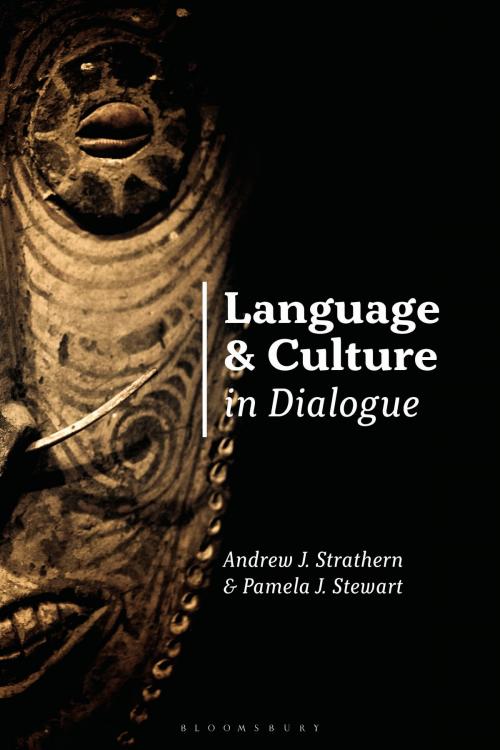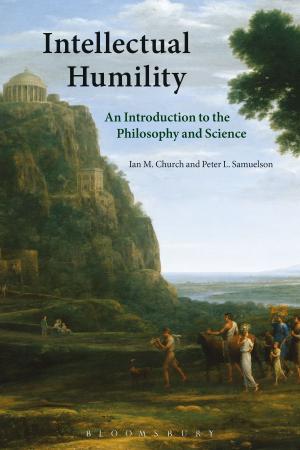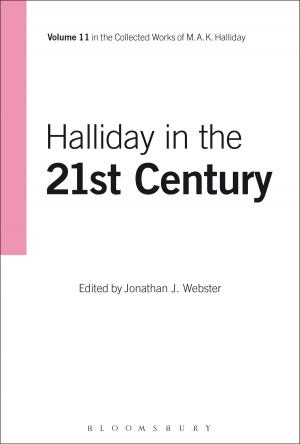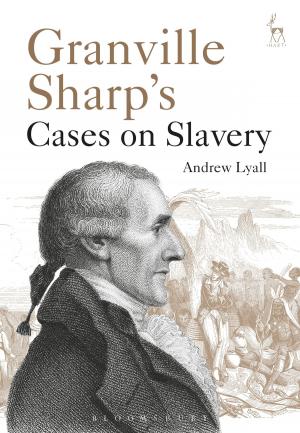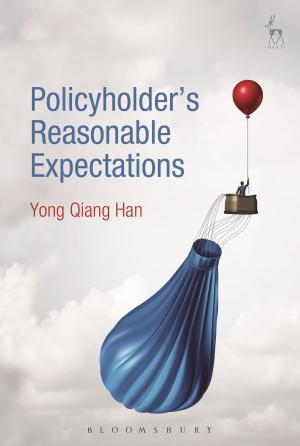Language and Culture in Dialogue
Nonfiction, Reference & Language, Language Arts, Linguistics, Social & Cultural Studies, Social Science, Anthropology| Author: | Andrew Strathern, Professor Pamela J. Stewart | ISBN: | 9781350059832 |
| Publisher: | Bloomsbury Publishing | Publication: | July 11, 2019 |
| Imprint: | Bloomsbury Academic | Language: | English |
| Author: | Andrew Strathern, Professor Pamela J. Stewart |
| ISBN: | 9781350059832 |
| Publisher: | Bloomsbury Publishing |
| Publication: | July 11, 2019 |
| Imprint: | Bloomsbury Academic |
| Language: | English |
In this book, Andrew J. Strathern and Pamela J. Stewart delineate the relationship between “language in particular” and “culture in general” by focusing on language as both social practice and a means of classifying and interpreting the world. A traditional linguistic approach to a focus on language is illuminated by their anthropological emphasis on the embodiment of relationships and experience. In the book, the body is placed in the foreground for understanding language in culture, which helps in turn to understand how it enables us to adapt to the world of lived material experience.
Written in an accessible style and drawing on an extensive corpus of primary field research from Papua New Guinea, Samoa, Japan, Taiwan, Scotland, and Ireland, Strathern and Stewart present a world anthropology which links together European, North American, and Asia-Pacific approaches to the topic. Students and scholars alike of sociocultual anthropology, linguistic anthropology, and linguistics will benefit from this engaging work on how the various components of our culture are informed and shaped through language.
In this book, Andrew J. Strathern and Pamela J. Stewart delineate the relationship between “language in particular” and “culture in general” by focusing on language as both social practice and a means of classifying and interpreting the world. A traditional linguistic approach to a focus on language is illuminated by their anthropological emphasis on the embodiment of relationships and experience. In the book, the body is placed in the foreground for understanding language in culture, which helps in turn to understand how it enables us to adapt to the world of lived material experience.
Written in an accessible style and drawing on an extensive corpus of primary field research from Papua New Guinea, Samoa, Japan, Taiwan, Scotland, and Ireland, Strathern and Stewart present a world anthropology which links together European, North American, and Asia-Pacific approaches to the topic. Students and scholars alike of sociocultual anthropology, linguistic anthropology, and linguistics will benefit from this engaging work on how the various components of our culture are informed and shaped through language.
